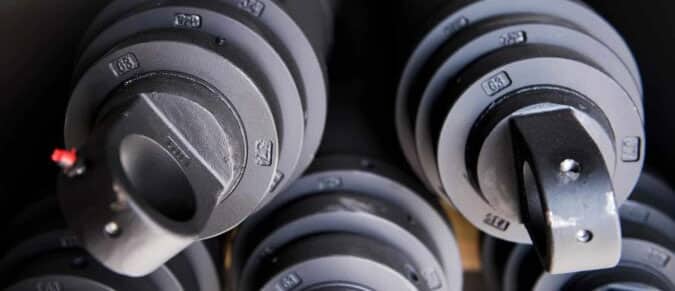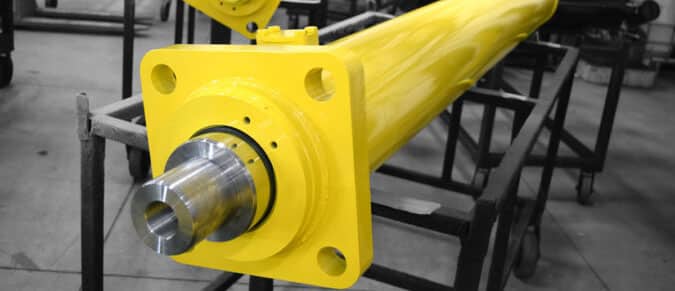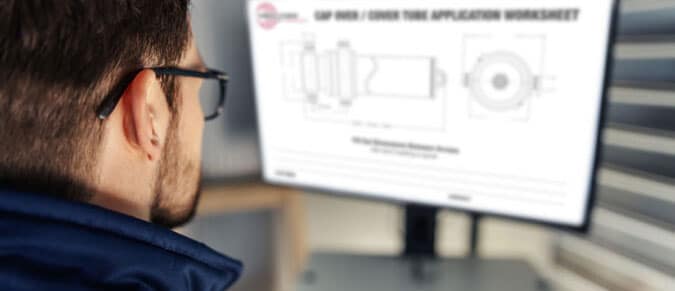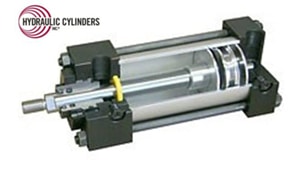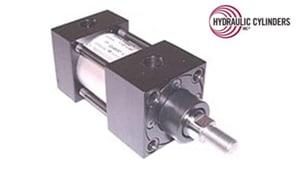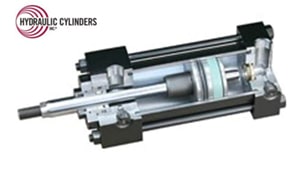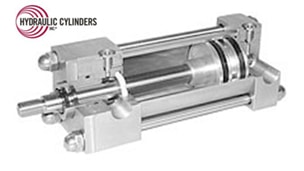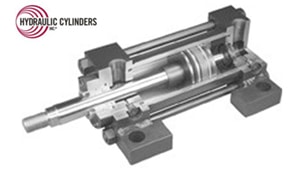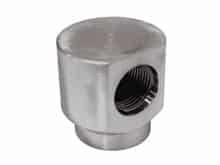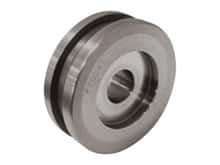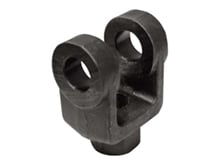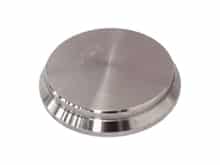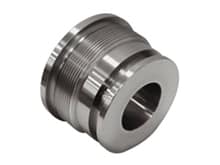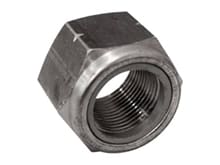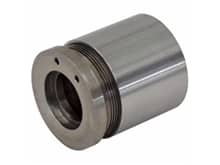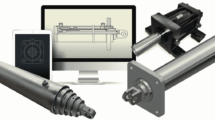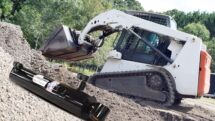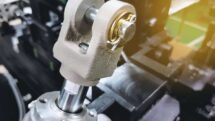Replacing Hydraulic Cylinder Filters
Hydraulic fluid contamination is the top cause of hydraulic cylinder failure. Contamination can cause seal damage, component degradation, and other critical damage. Knowing how and when to change hydraulic filters will save you time, money, and stress, as oil filters are the most efficient way to remove dirt, particles, or other contaminants from your hydraulic oil filtration system. This prevention is a quick, cost-effective way to prolong the lifespan of your cylinder while enhancing overall operations.
Types of Hydraulic Filters
Several filter configurations are available to meet the needs of any hydraulic oil filtration system, including high-pressure cylinders. Types of hydraulic filters include:
- Low-, medium-, or high-pressure hydraulic oil filters
- In-tank filters
- Strainers
- Breathers
Tips for Replacing Oil Filters in Hydraulic Oil Filtration Systems
Create a Consistent Schedule for Checking Hydraulic Filters
The best defense is a good offense. Stop costly shutdowns and expensive downtime before they occur by establishing a scheduled preventative maintenance routine which includes checking hydraulic oil filters. Clogged or neglected oil filters can become so filled with contaminations that they are worse than having no filter at all. By changing hydraulic filters regularly, you can keep your equipment running at optimal levels while avoiding interruptions to workflow.
Recognize the Warning Signs that Your Hydraulic Filter has Clogged
While regular maintenance or using a filter indicator can help you avoid clogged oil filters, filters can still fill quickly and need replacement before your scheduled check. Be aware of these warning signs that your cylinder contains a clogged hydraulic filter:
- Loss of power
- Decrease in hydraulic pressure
- Decrease in oil pressure
- Decrease in engine speed
- Loud or unusual noises
Follow Proper Procedures for Replacing Oil Filters
Clogged hydraulic oil filters can be replaced by following a few simple steps. However, exact installation processes may vary depending on your hydraulic filter style, hydraulic oil filtration system, and other factors. Always consult your equipment’s specific manual before beginning any maintenance routine.
- Prepare a clean and organized work area and use new or clean cloths to avoid introducing contamination.
- Verify that your new filter is intact and free of cracks, dings, or other damages. Never install a dented filter.
- Check that your hydraulic cylinder is turned off and completely depressurized.
- Remove the old or clogged hydraulic filter and follow proper disposal or recycling procedures.
- Clean any cylinder surfaces that come into contact with the filter.
- Apply lubrication to threads, seals, or other necessary components.
- Install your new filter, being sure to follow manufacturer-specific instructions.
- Bleed your hydraulic system to check for leaks.
Contact HCI to Learn More About Replacing Hydraulic Filters
While replacing clogged, old, or damaged hydraulic oil filters can extend the life of your machinery, the time may come when you need to replace your entire hydraulic cylinder or certain cylinder component parts. Hydraulic Cylinders, Inc. can help. We’ll assist you in selecting a new cylinder, determining which filter is best for your equipment, or anything else. Contact us or call 866-817-9044 today. An expert representative will be in touch as soon as possible to help you find your best solution.

